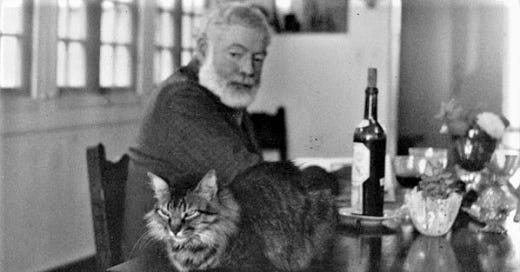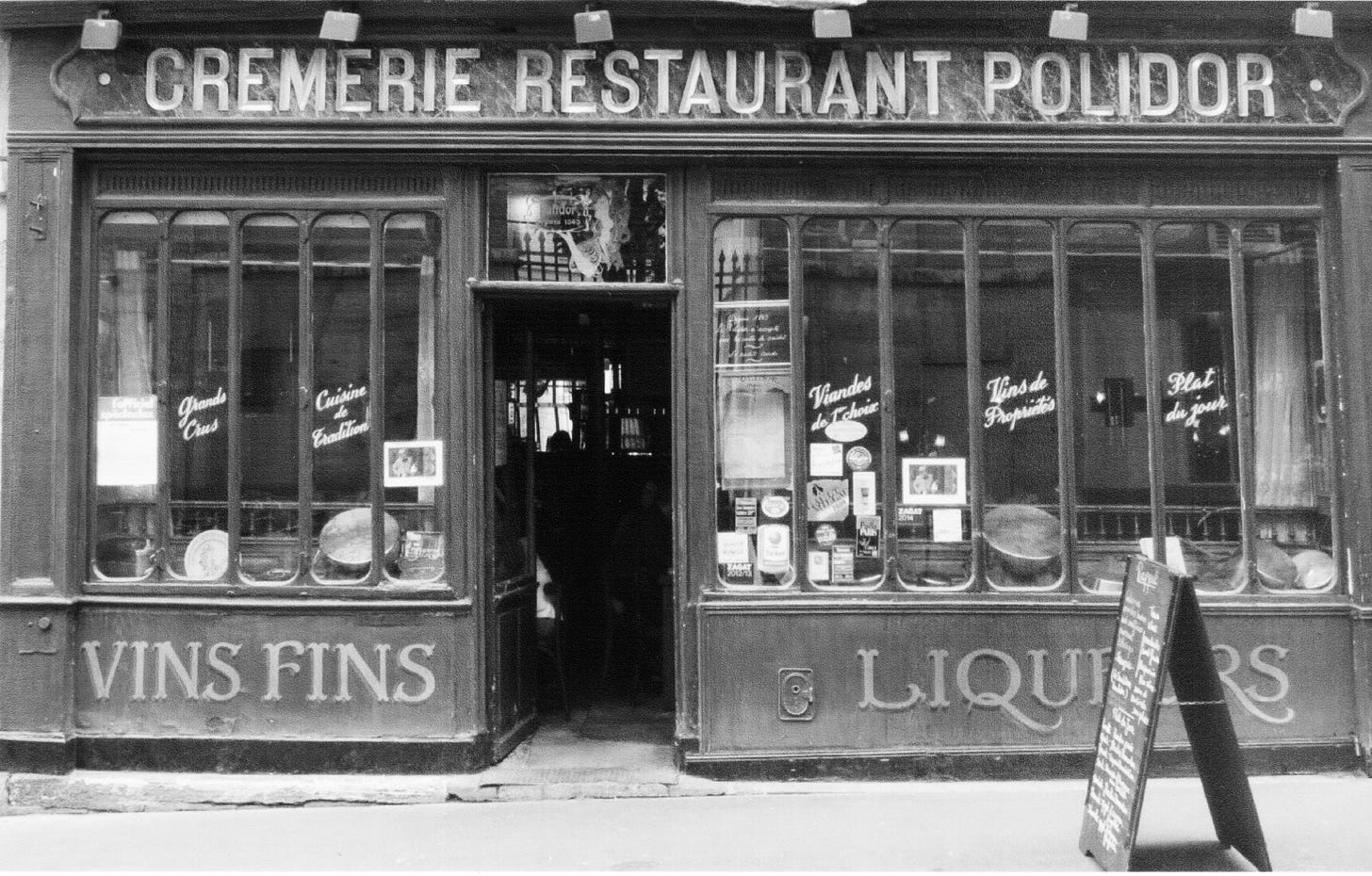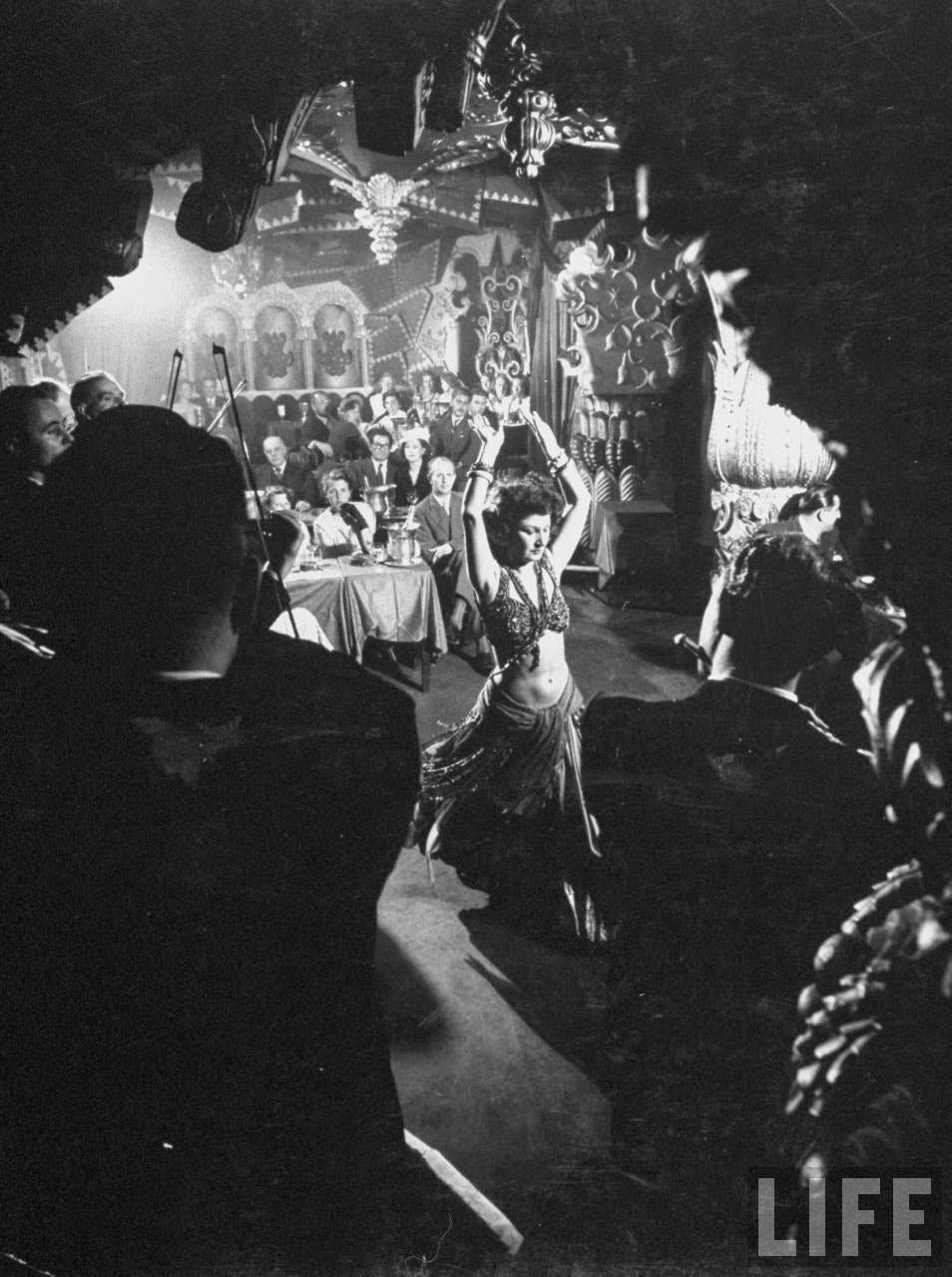Hemingway - with a hangover?
My first writing job when I moved to Paris in 1989 was for a magazine called Paris Passion. I would have done more but it soon joined the long line of failed attempts by journalism to amuse and instruct people about Paris.
I have quite a collection of these magazines, among the most interesting of which is a copy of Kiosk. It was produced in Paris for a few years during the ‘fifties, when almost everything about the city was exotic. This issue, from spring 1953, reflects French tourism in the days of its innocency, the era of back-packing, hitchhiking and Europe on Five Dollars a Day. Direct New York-Paris flights only began in 1946. One large advertisement announces eight flights daily from California by Super Constellation (the plane in which I would most dearly have liked to fly.)
This is the Paris Ernest Hemingway evoked for Lillian Ross when she interviewed him in 1960. “I want to go to cafés where I know no one but one waiter and his replacement, see all the new pictures and the old ones, go to the bike races and the fights, and see the new riders and fighters. Find good, cheap restaurants where you can keep your own napkin. Walk over all the town and see where we made our mistakes and where we had our few bright ideas. And learn the form and try and pick winners in the blue, smoky afternoons, and then go out the next day to play them at Auteuil and Enghien.”
Today, a text like this needs annotation. Cafes where he knows no one? By the fifties, Hemingway’s celebrity had become a burden. April Ashley, formerly George Jamieson of Liverpool and a pioneer of transgender surgery, met him then, and described him as "still the great literatus but increasingly lushed to bits and surrounded by nobodies and even, sometimes, Parisians. A tab accompanied each drink and in due course they would all find their way across to Hemingway's area of table. By the end of a stint, he'd often have fifty or sixty under his chin. Before his eyes finally glazed over, he would pay them all and stumble out." One can see how he might crave anonymity.
What about “keep your own napkin”? To save on laundry, some cafes would let regulars use the same napkin all week. A few restaurants like the Polidor still have a bank of lock boxes, even if they don’t keep up the practice.
As for “Auteuil and Enghien”, horse racing still takes place at those tracks but any betting is mostly off-course, through cafes. In 1953, however, the courses were big advertisers. Other big advertisers – full page, glossy, back cover etc - are Lancome, Rochas, American Express… the kind of ads that would have modern editors’ mouths watering. Advertising is what the magazine business is all about. Hence the columns of squib ads, twenty or thirty to a page, that fill most of Kiosk. No prizes for guessing what they offer. “Le Cupidon. Dance Orchestra. Attractions. Nudes”: “Hottest Spot in the Latin Quarter. Le Champo. Jazz. Nudes. 19 Acts. 11pm to dawn. Special hello to Americans….”
Paris night club 1949.
One ad, for a show at Le Carrousel, featuring “Sophisticated Male Impersonators” (shouldn’t that be “Female ….”?) is accompanied by a review longer and more approving than anything one might see back home. “These clever boys in travesty perform songs, light and realistic….a hilarious take-off on Rita Hayworth…All this and champagne too!”
Somewhat unexpectedly, there are longer articles, including one by the Richard Wright, African-American author of Native Son, noted for a famous feud with James Baldwin over that book. His topic is cafes, the varieties of which he views with characteristic ill temper: “cafés for frowsy housewives who play the horses, students, greying bank clerks, government workers, artists, writers, the demi-monde, lesbians, homosexuals, and, lastly, that queer grey cloud of foreigners who, despite fierce French chauvinism, live in Paris the year round.” So why live here? April Ashley, whose sense of exclusion made her a perceptive observer of the expatriate culture, chatted up Wright, who, she thought “looked sad, a long way from home.” When she asked “Then why don't you go back to Mississippi?” Wright snapped “And wipe spit off my face all day?”
It helped to have a sense of humour. Director Billy Wilder, on location in Paris for Irma La Douce, was asked by his secretary to bring back Charvet cravats for her husband and, for her, a bidet. After some delay Wilder cabled “Cravats in mail. Bidet unavailable. Suggest handstand in shower.”









Baxter you sly dog, how have I missed you all this time?! Loved your perspective.
As always most interesting. I'll have to buy James Baldwin bio to get a better understanding of him. The background outline in the club reminded me of the Australian coastline.